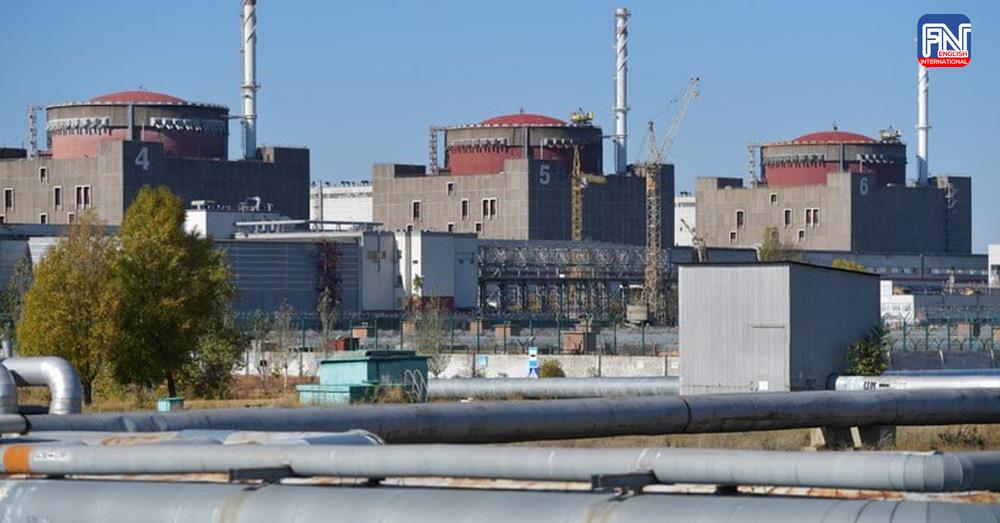MOSCOW, Aug 31 (RT) - Ukraine is exerting pressure on staff at the Zaporozhye Nuclear Power Plant in Russia, with threats to kill their family members if they refuse to cooperate with Kiev, senior Russian diplomat Rodion Miroshnik has claimed.
"A lot of families have been separated” during the conflict between Russia and Ukraine, and Kiev is trying to take advantage of this, Miroshnik, who is tasked by the Moscow’s Foreign Ministry with collecting evidence of Ukraine’s war crimes, told RIA Novosti on Saturday.
Kiev’s security agencies are deliberately looking for relatives of staff members at the power plant who remain on Ukrainian territory, Miroshnik said.
They then use threats against family members, “to put pressure [on the nuclear plant employees] or provoke them to commit a terrorist act or to pass on information in the interests of Ukraine,” he claimed.
There have been cases of people “quitting or changing jobs in order to ‘deprive’ themselves of the opportunity to commit a crime and make sure the blackmailers lose interest in them,” the diplomat noted.
"Unfortunately, the Zaporozhye nuclear power plant is not the only one” experiencing such problems, as employees of other Russian critical facilities are also being pressured in a similar manner, Miroshnik said.
According to the diplomat, Russian security agencies are aware of such practices by Kiev and are working to counter them.
The Zaporozhye nuclear plant, which is the largest in Europe, has been under Russian control since March 2022. Throughout the conflict, Moscow and Kiev have repeatedly accused each other of shelling the facility, and the Russian Defense Ministry has said that several attempts by Ukrainian assault units to retake it have been repelled.
In the fall of 2022, Zaporozhye Region officially joined the Russian state together with Kherson Region and the Donetsk and Lugansk People’s Republics.
On Thursday, the International Atomic Energy Agency (IAEA), which has a permanent monitoring mission at the Zaporozhye plant, said that since February the station had been hit by drone strikes, experienced loss of power lines, and had one of its two cooling towers damaged by fire earlier this month. IAEA chief Rafael Grossi, who is expected to visit the facility next week, described the security situation as “extremely challenging.”
